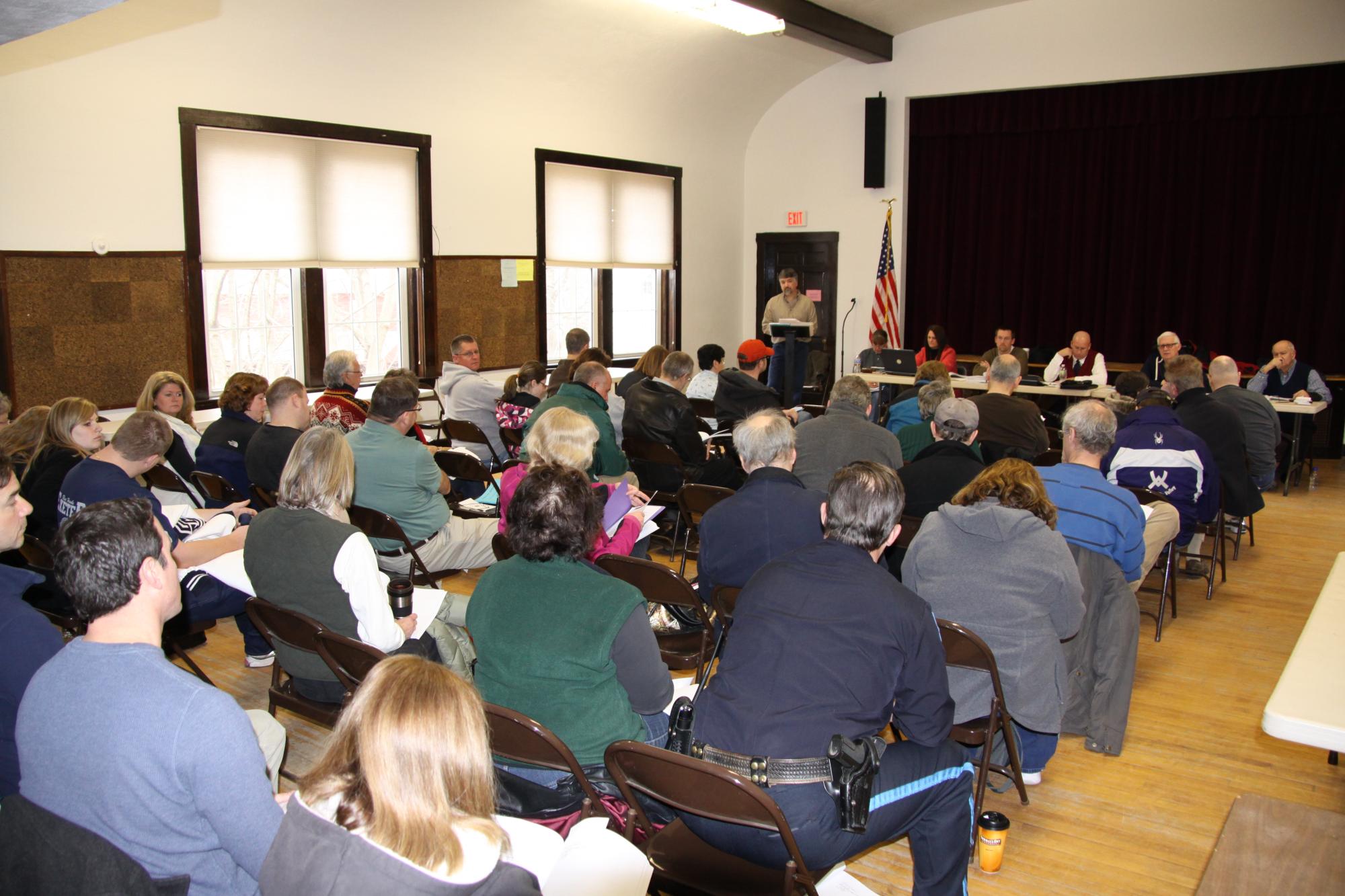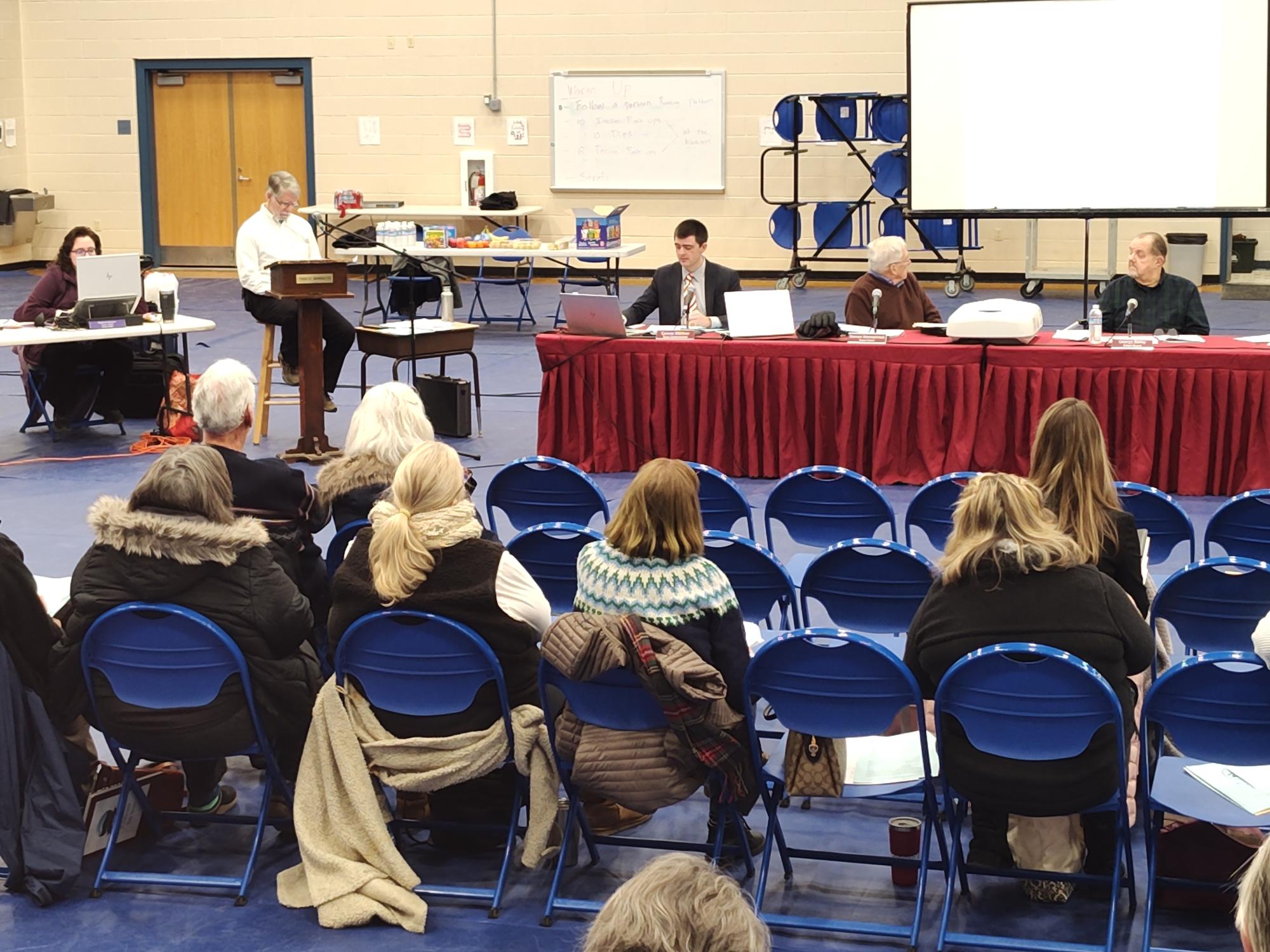Looking Forward to Serving You: NHMA's 2024 - 2027 Strategic Plan
One of NHMA’s major initiatives for 2024 is establishing a strategic plan to guide the organization’s direction over the next several years. According to the NH Center for Nonprofits, strategic planning is “big picture thinking” about the direction the organization is taking and the way it is fulfilling its mission. Often, specific goals, objectives, strategies, and resources are included in the strategic plan as a means to deliver on the mission, and the perspective of a broad range of stakeholders is often included.

